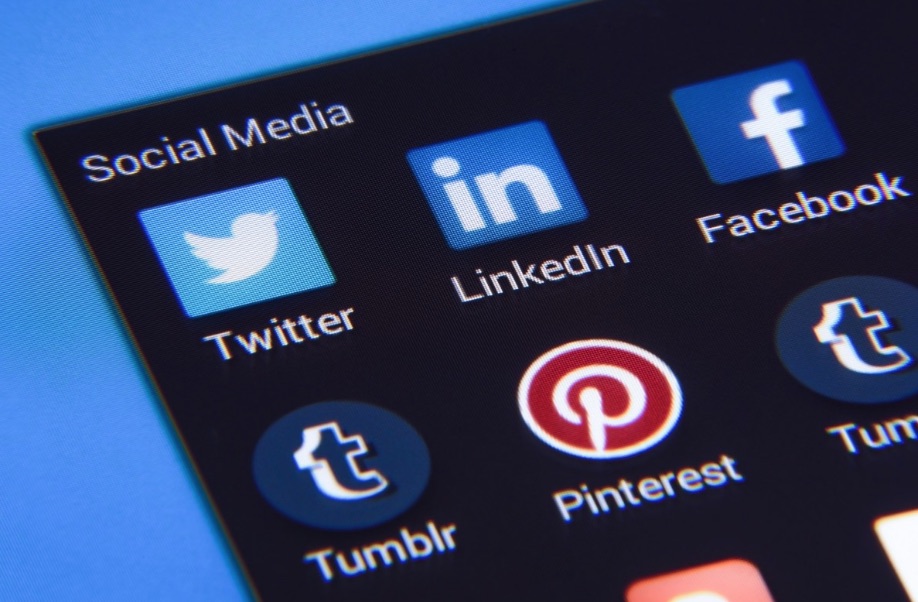 Photo from PxHere.
Photo from PxHere. The Internet was set ablaze on August 6 when Facebook, Apple, Spotify, YouTube and Pinterest decided to crack down on Infowars, the conspiracy-theory laden site led by the manic Alex Jones.
Like clockwork, people swarmed to their respective sides. Some think that it’s best for these platforms to crack down on “hate speech,” others think that social media platforms shouldn’t engage in censorship no matter how vile the speech is, even if they have a First Amendment right to ban people from their platforms.
But what many people are overlooking is that if these various social media platforms are truly committed to improving civil discourse on their sites, they should put more of an emphasis that actually puts us all at risk: Islamic terrorism.
ISIS has become a bit of an afterthought in a news cycle dominated by Russia, Iran, North Korea and the latest tweets from President Trump. The barbaric terror group’s caliphate has been immensely diminished under the Trump administration, but don’t be fooled – the threat ISIS poses is still very real.
As former CIA military analyst and Counter Extremism Project senior policy adviser Tara Maller told the UK Independent, “The depletion of ISIS on the battlefield has not yet translated into the degradation of ISIS in the online space. What we see is a continuing effort to engage online and an increased effort to inspire people to carry out lone-wolf attacks.”
In other words, ISIS is turning to social media as a tool to radicalize people and incite them into acts of terror.
Facebook, Google and YouTube have all undertaken efforts to weed out ISIS’ propaganda, focusing on algorithms to automatically delete jihadist propaganda when it pops up on their platforms. But issues remain.
As a Wired article from May points out, researchers from the Digital Citizens Alliance – a nonprofit organization focused on Internet safety – and the Global Intellectual Property Enforcement Center (GIPEC) noticed that while specific terror-inciting posts were taken down from Facebook, users that put up those posts remained on the platform, thus allowing them to post radicalizing content that Facebook has been unable to track down. For instance, one user wrote “kill the unbelievers” in Bangla; others have posted pictures of ISIS terrorists with black ISIS flags. Similar problems have plagued YouTube.
Additionally, Facebook’s algorithms have inadvertently connected jihadists with each other through the “suggested friends” feature.
Remember Google Plus? It’s become a largely forgotten platform given the dominance of Facebook, Twitter, Instagram et al. But ISIS and their ilk have taken advantage of Google Plus’ dormancy to explicitly spread their propaganda unabated, such as one post that read, “A message to Muslims sitting in the West. Trust Allah, that each drop of bloodshed there relieves pressure on us here.”
Posts like that have been frequently ignored by Google; it was only after The Hill called them out on it when Google began taking down jihadist propaganda from Google Plus. Eric Feinberg, founder of GIPEC, told The Hill that Google acknowledged that they don’t really have a team to combat jihadist propaganda on Google Plus; Google denied this to The Hill, but admitted they could do a better job policing such propaganda on the platform.
It cannot be understated how serious this is –– all it took was one individual to be radicalized by ISIS propaganda to murder eight people with a truck in New York City. And yet, Facebook and Google seem more intent on cracking down on Infowars.
Don’t get me wrong, I have no sympathy for Infowars. Jones’ raging screeds about the 9/11 terror attacks being an inside job, the government attempting to turn the frogs gay and how Obamacare is a product of the “Jewish mafia” are poison to our civil discourse. There is a valid case to be made that social media platforms could ban Infowars over issues of libel and slander. But Facebook and Google should be placing a higher priority on better policing jihadist propaganda rather than cracking down on the ramblings of a madman.























 More news and opinions than at a Shabbat dinner, right in your inbox.
More news and opinions than at a Shabbat dinner, right in your inbox.